Latest News
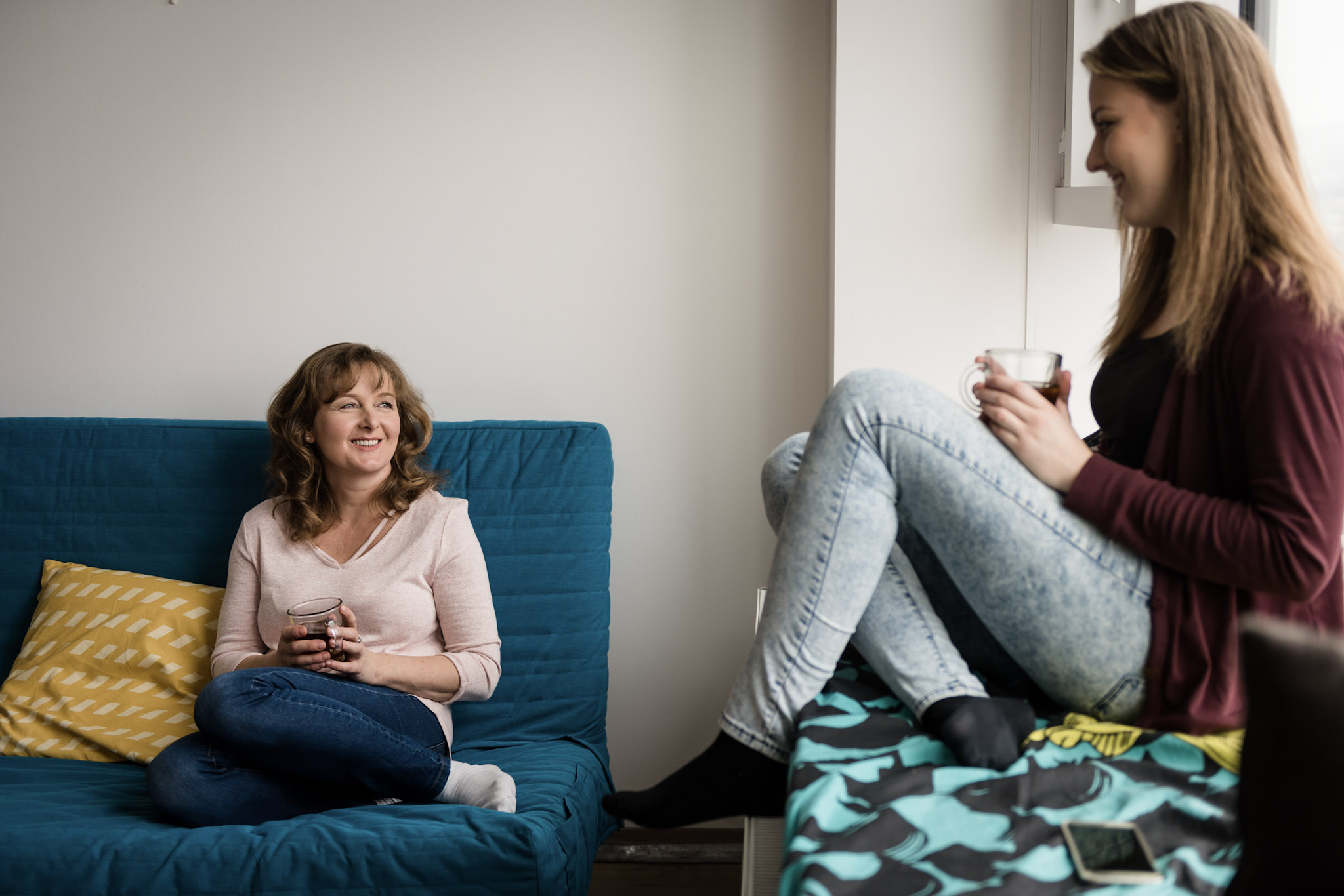
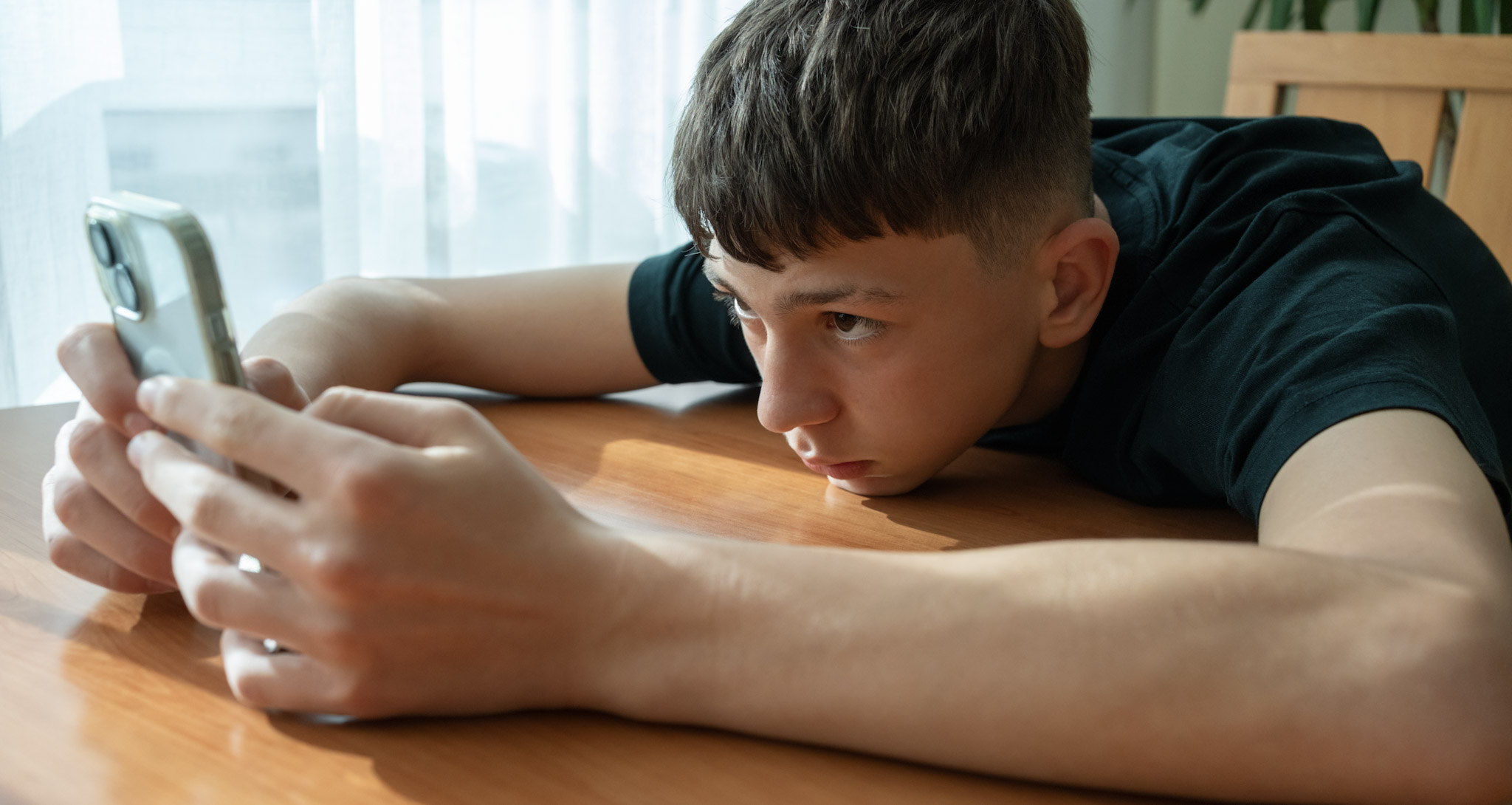
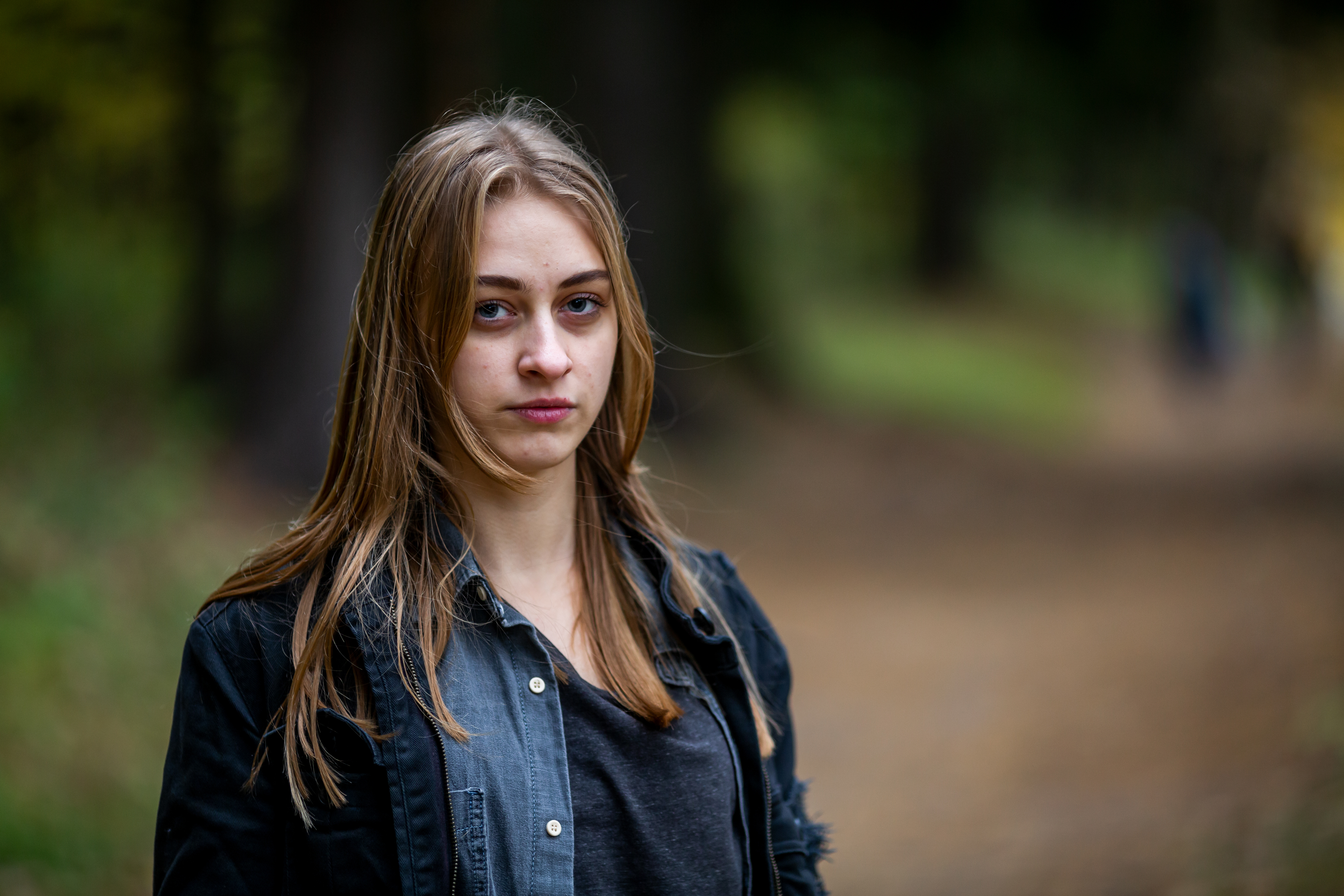
After 200 years, the Vagrancy Act is finally being repealed: what this means for people experiencing homelessness.
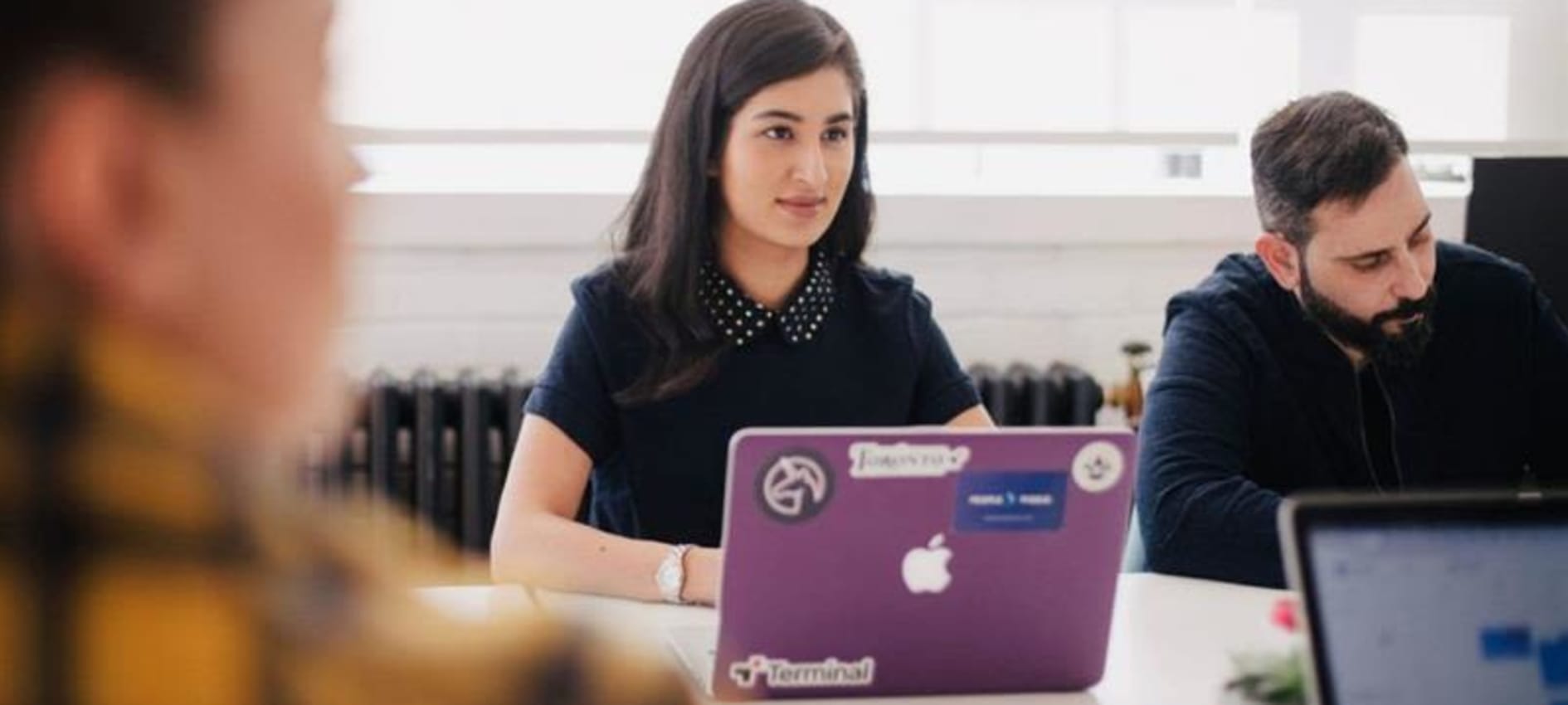
Businesses bidding for public sector contracts are increasingly expected to do more than deliver on cost and quality.
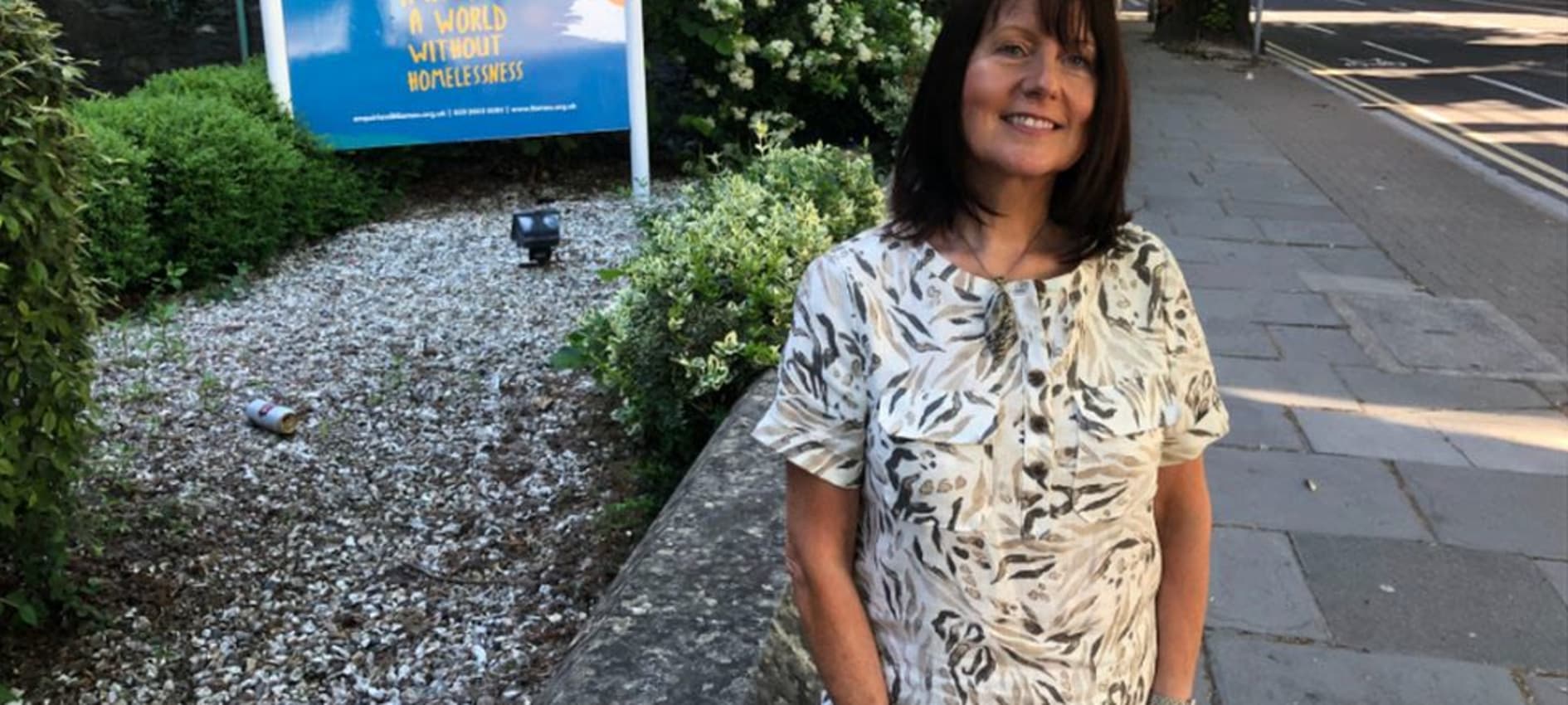
Today marks the end of an era at Llamau as we say thank you and farewell to our extraordinary CEO, Frances Beecher, who retires after 25 years of leadership.
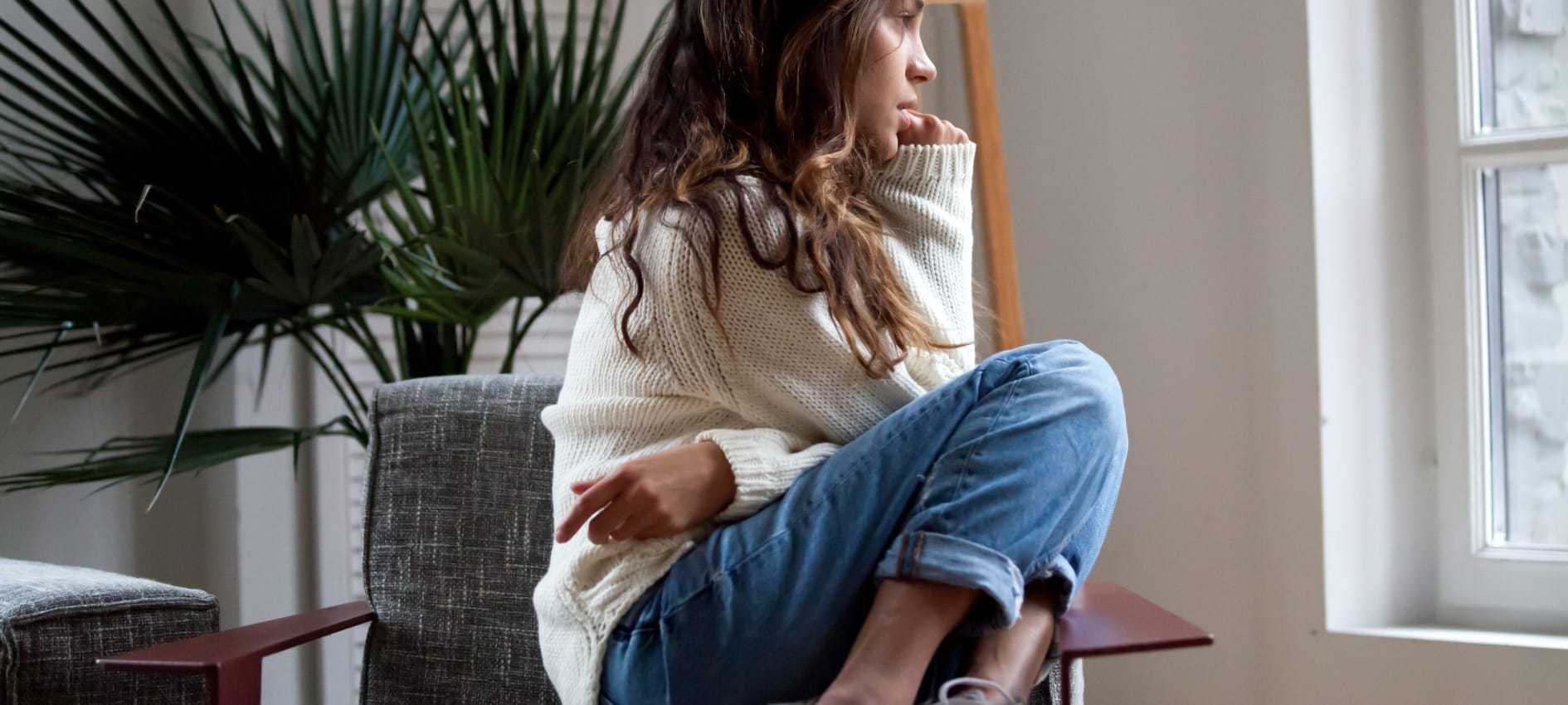
Llamau and Cardiff Women’s Aid are proud to announce the official merger of Cardiff Women’s Aid into Llamau, a significant step towards strengthening support and services for women and families across Wales.
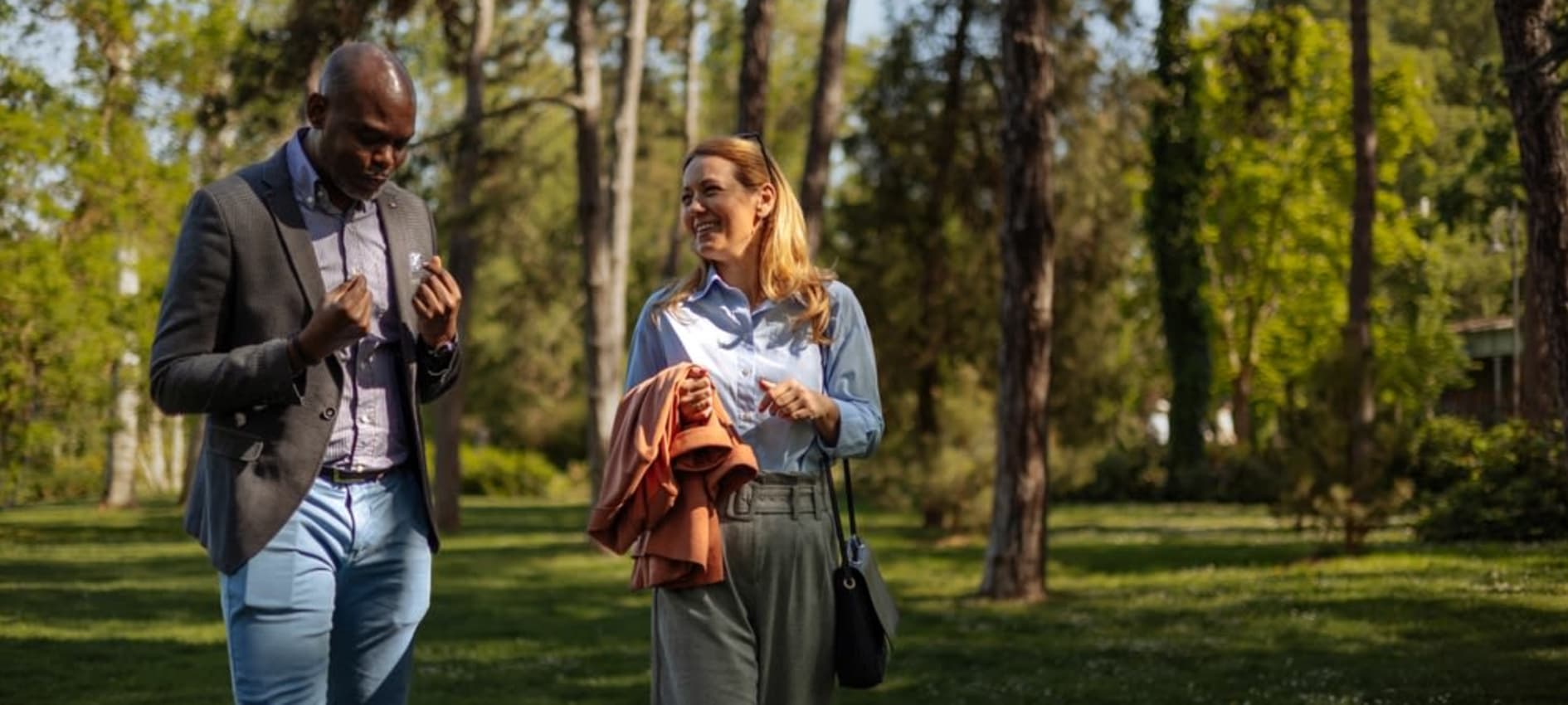
A diverse team brings together different backgrounds, perspectives, and experiences. This leads to better problem-solving, more creativity, and stronger decision-making. When people feel valued for who they are, they’re more engaged, motivated, and able to do their best work.
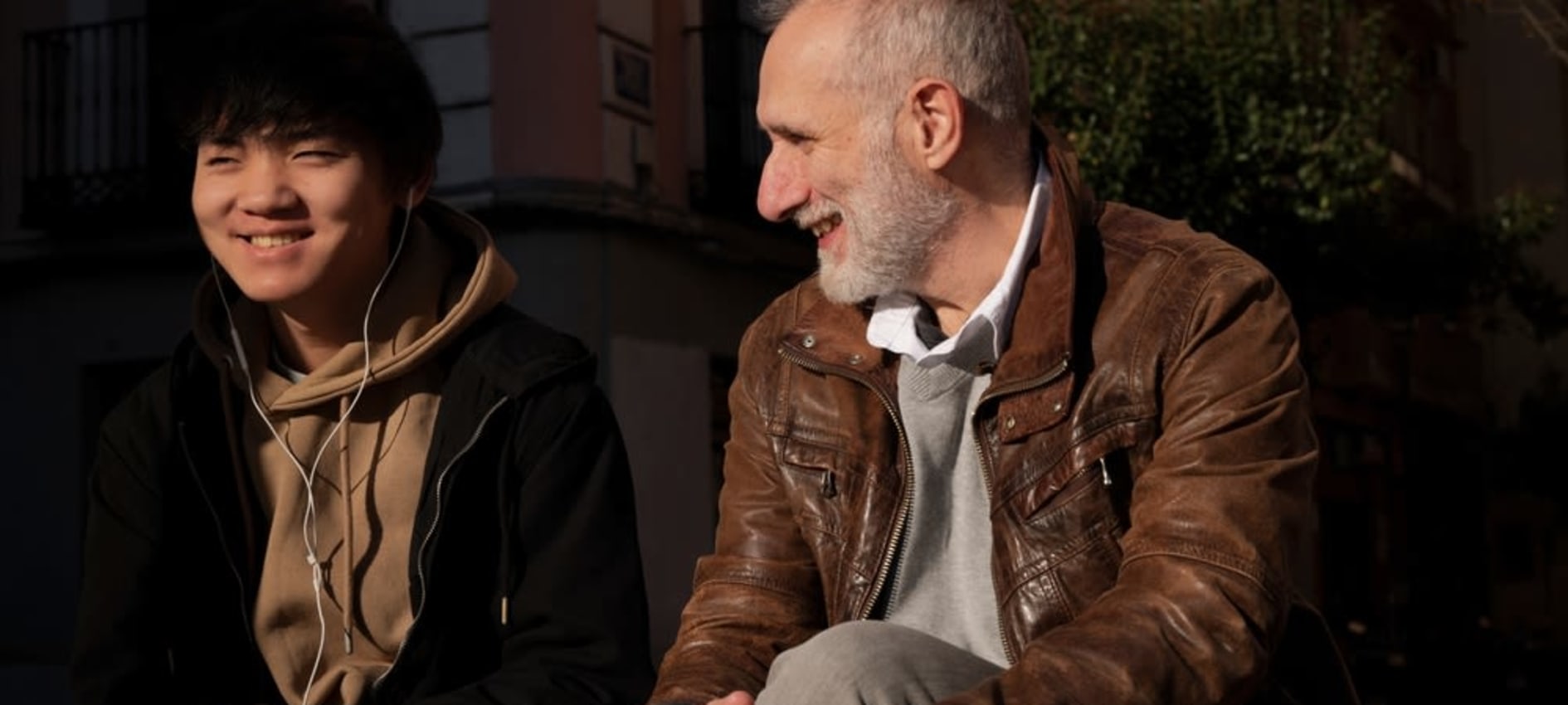
As leaders in early intervention and prevention, we believe in delivering a high-quality service that makes a real difference in the lives of young people and their families. See how you help us make a real change in Dyfed-Powys.




